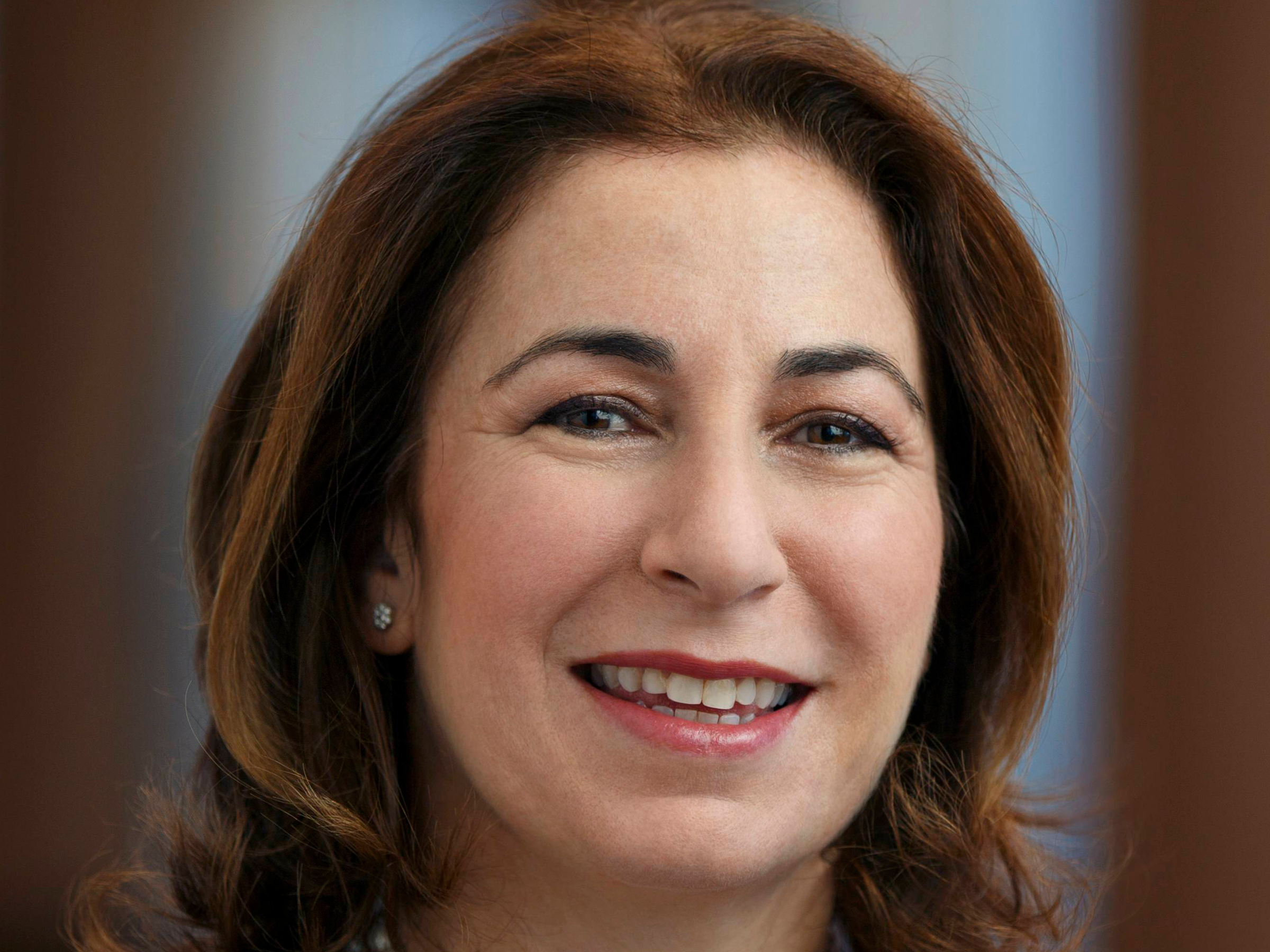

Bank of America
- Bank of America did not make any layoffs or reduce hours during the pandemic.
- The bank retrained over 20,000 employees for new roles while 85% of the company worked remotely.
- CHRO Sheri Bronstein shared her approach during this time and what she learned from the experience.
- This article is part of a series highlighting high achievers in HR called "Most Innovative HR Leaders."
The past year presented a completely new set of obstacles for Bank of America's Chief Human Resources Officer Sheri Bronstein. When 85% of the bank's 200,000-person staff went fully remote, Bronstein's team was tasked with making sure workers felt secure financially, emotionally, and physically while working during the public health crisis.
"2020 led to more discussions and immediate actions among myself and fellow C-suite executives than ever before," Bronstein told Insider.
Bronstein was named one of Insider's 2021 HR Innovators for how her 2,600-person team supported workers over the past year. Bank of America did not make layoffs or reduce hours; instead, it increased its minimum wage to $20 an hour, expanded benefits for working parents, retrained 23,000 employees, and is making progress in representation and pay equity.
The financial services giant saw a decline in revenue during the pandemic but beat analysts' expectations during its most recent earnings report. The bank's stock price currently sits higher than its pre-pandemic peak and is on the rise after a promising Q1.
Investments in childcare, bonuses, and DEI
Bank of America provided $300 million in childcare reimbursement and an additional 10 days of backup child or adult care, on top of the 40 they already give, to every employee. Its $6 million relief fund provided grants to those with emergency financial hardships and regular coronavirus PCR tests were offered to employees working in offices or retail branch locations. The company also gave employees a one-time $750 bonus for their work during the pandemic.
Bronstein joined over 40 meetings with institutional investors to discuss the company's workforce strategy including diversity, equity, and inclusion (DEI). She shared her feedback from these meetings with Bank of America's Board of Directors.
"This ongoing, two-way dialogue clarifies and deepens the Board and management's understanding of shareholders' concerns; in turn, I believe these conversations have led to increased transparency with a focus on workplace diversity and equal pay for equal work," Bronstein said.
Bank of America has made some progress improving diversity among its ranks. Half of the bank's global management team is diverse and 54% of the company's campus hires in 2019 were people of color, according to its most recent Human Capital Management report.
The company also has a new analytics platform for tracking diversity that helps to hold managers and hiring teams accountable, Bronstein said.
In 2020, her team introduced new toolkits to help employees to hold conversations for the purpose of deepening their "understanding through self-education of people's differences," she explained. More than 165,000 employees participated in 320 of these conversations, which are meant to be a space for workers to share their experiences with inequity.
"I've found that two of the most important skills in HR are having empathy and understanding the power of listening," Bronstein said. "More often, our society places value on what we project, rather than what we absorb. While there are endless elements of our current reality that we can't control, I've found that the best way to empower our teammates during the pandemic is to create an open dialogue, listen, and acknowledge their concerns."